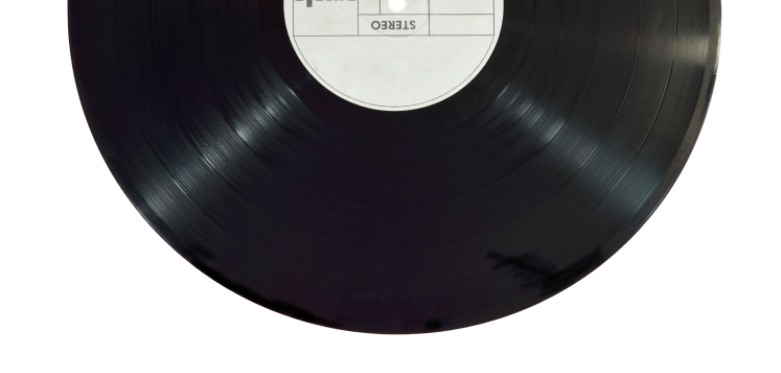Published on 6/12/2017

Spotify is a master marketer

The record labels now need Spotify as much as Spotify needs the record labels.

As Spotify and other streaming networks expand their involvement in the music industry the traditional framework of the record label will also change. The current balance of power can easily tip with the continued success of streaming media. As that happens the music industry will be forced to change the long-standing establishment.
Elevate Your Story and Track What Matters with Fabl.